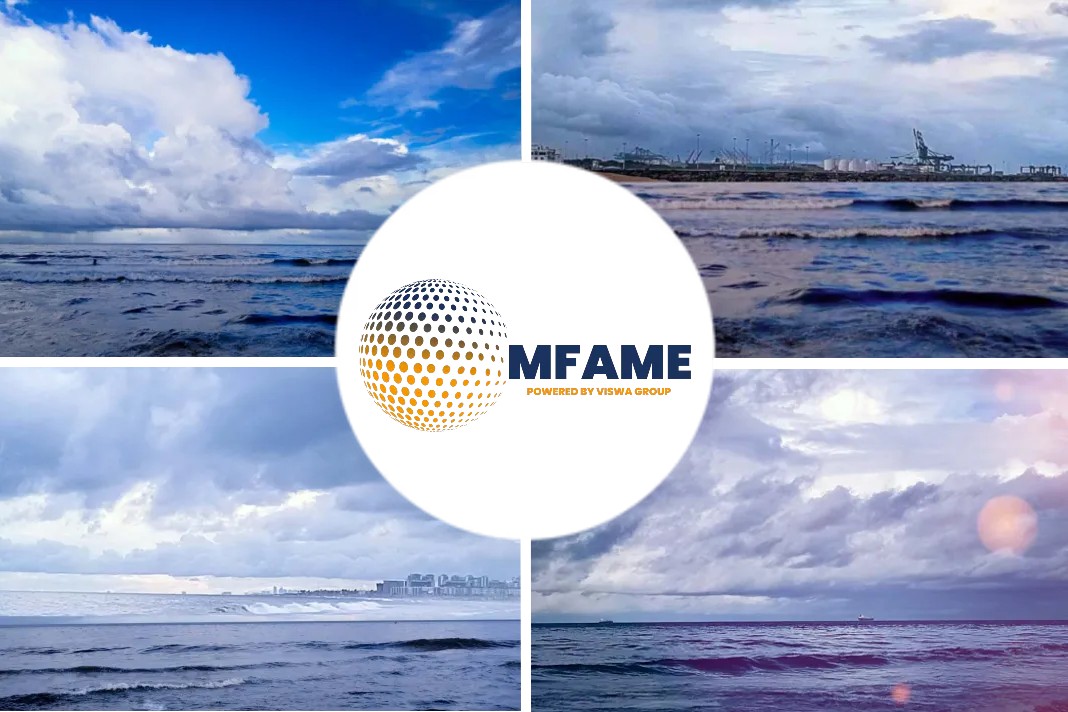Calcium Carbonate Reaction
When calcium carbonate reacts with acidic free hydrogen (H+) ions in seawater, the solid calcium carbonate dissolves, forming free calcium (Ca2+) ions and free bicarbonate (HCO3–) ions. The free hydrogen ions are consumed resulting in decreased hydrogen ion activity. In other words, calcium carbonate acts to neutralize or buffer the solution by consuming hydrogen ions.
Calcium and Magnesium Bicarbonates Reaction
Similarly, calcium and magnesium bicarbonates, which are present in seawater at a concentration of approximately 140 mg/l consume free hydrogen ions, decreasing hydrogen ion activity, i.e. the bicarbonates in the seawater used for scrubbing act to neutralize or buffer the solution by consuming hydrogen ions.
Relevant Chemistry
The carbonate system – in an aqueous solution, carbonate, bicarbonate, carbon dioxide, and carbonic acid exist together in a dynamic equilibrium.
Did you subscribe for our daily newsletter?
It’s Free! Click here to Subscribe!
Source: EGCSA
















![[Watch] Crazy Power Needed to Move World’s Largest Containerships](https://mfame.guru/wp-content/uploads/2023/11/mfame-tanker-100x70.jpg)

